Is it true what they say? That nonprofit program people and development professionals can’t get along?
A while back I had the opportunity to attend a foundation site visit on behalf of a client. As a result of the grant proposal I’d written, two trustees from the foundation scheduled a meeting to tour the facilities. Our ED led the tour while the two trustees, sisters, posed numerous questions.
During introductions, one of the trustees remarked
“we hate development people. We like to talk to the program people to learn what’s really going on.”
Not at all offended, I responded “so do I. That’s how I learn how to write about the agency.”
Her remark led me to recall an earlier phone conversation with my Twitter friend, Heidi Massey. During that call, Heidi made mention of “the great divide” between program staff and fundraisers. I confess, in my own 13 years in nonprofit work, I hadn’t personally experienced that divide amongst program staff and development staff.
So I invited Heidi to explore the topic in a guest blog posting.
Heidi’s resulting article, Fundraisers and Program Professionals: Can’t Everyone Just Get Along? struck a real nerve. Apparently, there is indeed a divide between program staff and fundraisers.
So, how can fundraisers and program staff get along?
One of my readers commented. “Could it be that those who are successful fundraisers possess different personal characteristics than those who are successful program directors/coordinators?” That brought to mind an old LinkedIn discussion about why people got involved in nonprofit work. I was amazed at the diversity in backgrounds of the respondents – and yet there was one strong commonality.
We all want to make a difference.
The social worker in the trenches is striving to make a difference as much as the development director is.
Yes, development staff are, the “salesforce” of a nonprofit organization.
And isn’t sales one of the most misunderstood and maligned professions? Salespeople are often viewed as smooth-talking charmers devoid of any real depth?
It serves us well to recognize that we’re all here to effect positive change.
Period.
Several comments made note that this great divide does not usually occur in smaller organizations. Having spent the majority of my time in the smaller, community agency, I concur.
My first position in nonprofit development was as a 15 hour a week DD for a community ambulance agency. And one of the first things I did to acquaint myself with their work was to schedule several hours to run with the EMTs and paramedics on their rounds.
Eventually, I learned CPR and observed some of the training classes. I was working there when 9/11 occurred and many of our emergency rescue workers made the trek into NYC to assist.
I developed a profound respect for these amazing, and oftentimes little appreciated, men and women.
And no, it’s not the job of the development staffer to convince program staff of the importance of fund-raising.
It is our job to appreciate the work of the program staff. It is our job to communicate regularly with them, observe them “in the trenches,” and share that knowledge with funders. By sharing drafts of donor comms with program staff and soliciting their feedback, I’ve gained valuable insights.
I’ve also helped open their eyes to the work of a fundraiser and their role.
Respect isn’t a given. It’s earned. And it begins by showing it to others.
Recently I attended a branding workshop where I met a young woman working in policy for a local organization serving women and children. She couldn’t wait to get back to her offices and share what she’d learned with their development department!
So, we can piss and moan about the lack of respect allotted fundraisers. Or we can do something positive to change it.
We’re all in this kind of work to make a real difference and it might clarify matters to recall the old automobile analogy:
- Is it the engine since it makes the car run?
- Or the steering wheel so you can avoid the tree and go the direction you want?
- Or perhaps the gasoline since nothing works without it?
- Or the tires since that is where the rubber meets the road?
- Brakes?
They’re all important, as is every member of a team — everyone represents the mission.
For your nonprofit to be genuinely effective — to truly make a difference — organizations need to be just as committed to funding their missions as they are to their mission.
After all, the cars aren’t built without any funding.


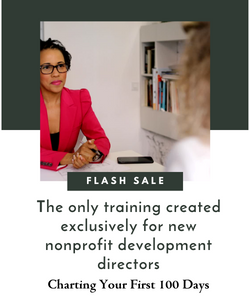
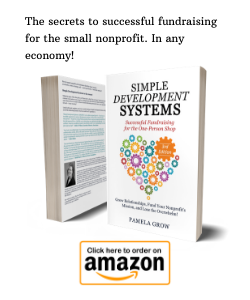
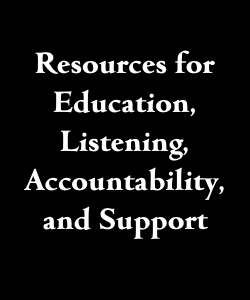




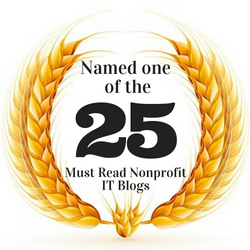




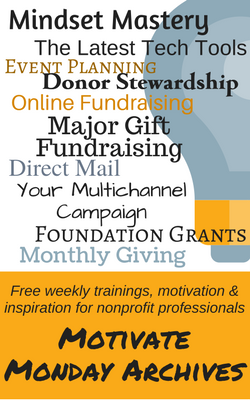




 I can’t wait to meet with you personally.
I can’t wait to meet with you personally.
Comments on this entry are closed.